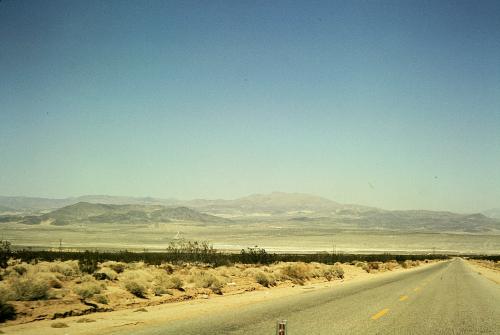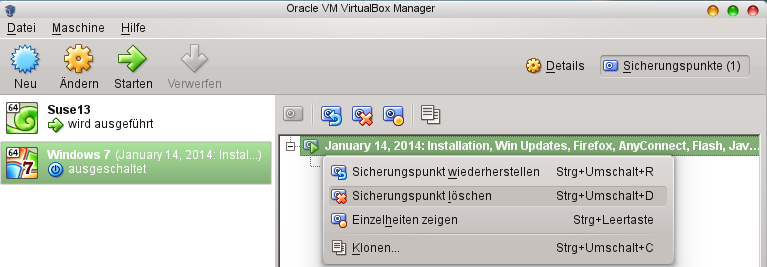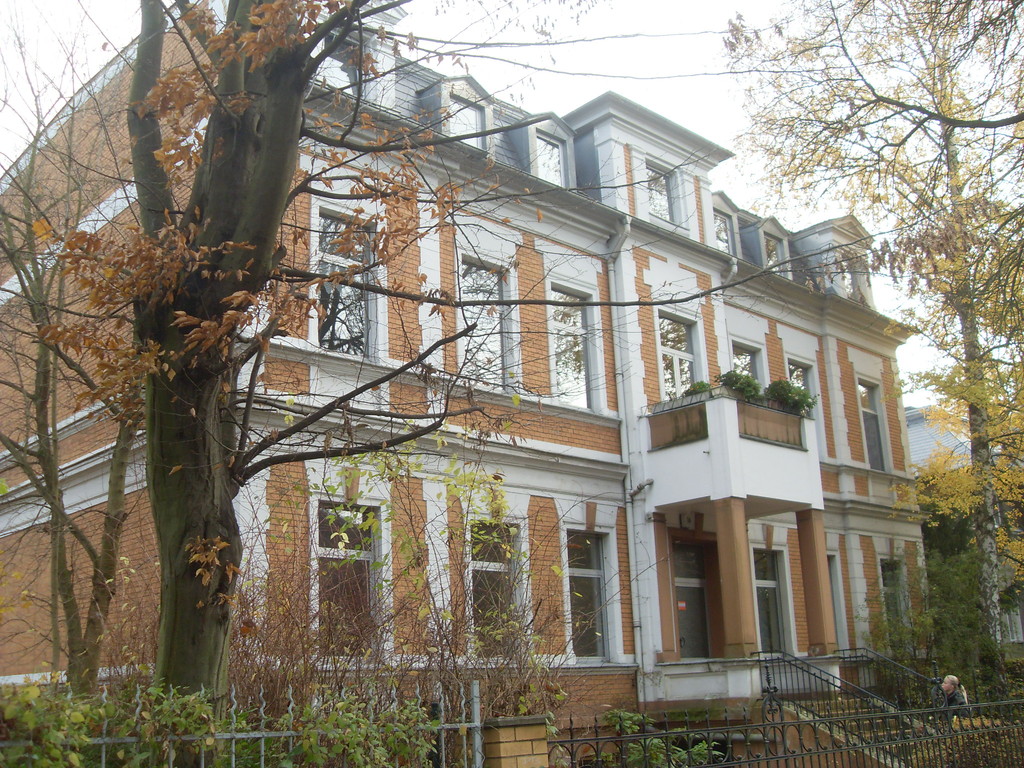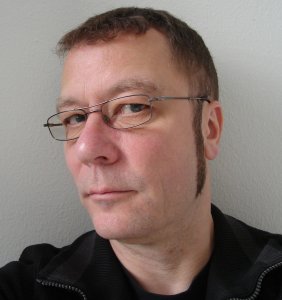 My last blog entry is of March 2010. That’s one and a half years ago. I wonder what this means. I also wonder why, from the WordPress stats, more than one person is still looking at this blog each day. Anyway, it’s this time of the year again (in the Northern hemisphere at least) where people start looking back, looking inside, reconsidering. Following the crowd, so am I.
My last blog entry is of March 2010. That’s one and a half years ago. I wonder what this means. I also wonder why, from the WordPress stats, more than one person is still looking at this blog each day. Anyway, it’s this time of the year again (in the Northern hemisphere at least) where people start looking back, looking inside, reconsidering. Following the crowd, so am I.
Recently, I’ve noticed that my excitement about social media is declining sharply. I don’t think this is just due to autumn. I’ve never been a trend setter, but certainly a dedicated follower of trends. Whatever is new, hip, trendy, I’m with it. Naturally, I’ve seen trends I follow longer term become mainstream, while trends I eventually lost interest in went away. Anyway, here are some thoughts on the last 20 and guesses about the next 20 years.
Internet? I had no idea of it, but I was on CompuServe in 1992, enjoying to be able to chat with people on the other side of the planet. I had started using computers at 28, and networking, across continents, seemed to me like exactly what those machines had been invented for. World Wide Web? Like Bill Gates, I discovered it in 1995, diving straight into it without a second thought, even trying to make a living out of it (like so many others, and just like them I ended up in what’s known today as the dotcom bubble burst). Mailing lists, forums, wikis? I’m all for these things. Google? I was so happy when it launched – there were too many Internet specialists around before it did. One year later, everyone had become a Web specialist in a way, even venture capitalists, and I think Google contributed significantly to making the dotcom bubble burst.
Next century, next millennium. Wikipedia? I had the same idea in the year 2000, only that I would have based its economics on something similar to Google Ads. MySpace? Kind of boring to me, I had been on Geocities before. There was Facebook, the „MySpace for academics“. I underestimated it, deeming it as boring as MySpace. (And I still do, but I don’t think I still underestimate it. Kind of hard to do so, when 10% of the world population are there.) Blogs? I was a reader, and didn’t see much reason to become a writer. Eventually, I did, but don’t ask me why. Probably because everyone else did. And/or maybe because WordPress is such a brilliant piece of software. I love great software.
Facebook? I eventually gave in and joined, although I consider it an Orwellian machine invented by the CIA. I’ve been on Facebook for a while, obediently sharing stuff from Amnesty International, Avaaz, Greenpeace, Foodwatch, and other NGOs on that platform. And saying thanks to people who wish me a happy birthday. Twitter? I became a big fan of that platform because of the aspect of immediate, unfiltered news. By now, I’ve sent 782 tweets, I’m following 33 people, and 87 people are following me. And even with those small numbers, the signal to noise ratio has become what I consider unreasonable. There are tools like Summify or Twitterfall, but to me it feels like they gloss over the problem, rather than solve it. I still follow Twitter, but with reduced enthusiasm.
To paraphrase Immanuel Kant, „think for yourself“. Gathering more and more information from outside (which is becoming ever easier to do) doesn’t help you think for yourself. After so many years being into it myself, I’d even say it hinders me from doing so. Or, as George Harrison put it, „the farther one travels, the less one knows, the less one really knows“. He wrote that almost 30 years before the WWW took off. For me, the formula of „data -> knowledge -> wisdom“ is starting to become obsolete. I guess that’s because it was never true.
Am I saying the Internet is, at the end of the day, a bad thing, or that the information flow/overflow caused by it has more bad than good aspects? Certainly not. I’ve merely started a process of reconsidering what’s in it for me, for the people around me, for my kids, and so on. I’m delighted to see that the Internet brought the Arab Spring, and I congratulate the brave people in Northern Africa who’ve made use of the Internet to shake off decades of oppression, and finally start establishing freedom and humanity instead. They were able to do so, however, because their oppressors were old and Internet-agnostic. The Internet was the right tool at the right time – from now on, oppressors will know what to do about it. There won’t be a Chinese Spring with the help of the Internet, for example. This is over.
What’s coming up? In 2015, Facebook will be alive and kicking. I guess at least 1.5 billion people will have a Facebook account by then, tripling the 2011 figure. Likewise, Twitter. In 2020, however, Facebook, Twitter, and similar social networks will be nothing but a memory, albeit a strong memory, because so many participated „back then“. In 2030, you’ll have to google for the Wikipedia entry for Facebook to be able to explain it to your children (or grandchildren). By that time, people would simply call you crazy, and probably call the ambulance, if you even considered publishing as many personal data on the Internet as it seems reasonable to do in 2011. That will be a no-no in 20 years.
So what will remain, grow, flourish? Google will. Wikipedia will. New things will come up that I can’t even think of at this point. The Internet in general will be around, dominating every aspect of life, although at reduced speed, so to speak. Long-term aspects will become much more relevant and dominant, short-term things like Facebook comments or Twitter tweets will be more or less on the ban list. Why? Because the Internet will get more and more under the influence of entities such as governments, authorities, intelligence agencies, corporations, et cetera – certainly not a good thing. This will be seconded by a general conception of being eager to regain the ability to „think for yourself“, though, which certainly is a good thing. On balance, will there be more good, or rather more evil?
Rest assured, there will be more good than evil. 200 years ago, people were hanged for theft. (This still happens today, but not in most parts of the world.) Torture was regarded as a regular and justified way to get confessions – why else would criminals admit a crime? (Torture is still everywhere, but it’s regarded as a crime in most places now.) Mankind is moving ahead, never back (at least long term). That’s why the Internet won’t turn into a medium of brain control. Rather than that, it will become increasingly what it started out as – a medium of/for innovation. (If you’re saying it started out as a military network, then you’re probably also saying you need to guard against the surveillance Americans do from their moon bases.)
I’m a musician. In 1980, record companies would not care about my music because they were more interested in marketing mainstream crap. For that reason, I’d not be able to make a living from music at that time. In 2011, you can produce mainstream crap music, and still not be able to make a living out of it, because people will simply steal your music, rather than paying for it. Is that any better than record companies ignoring you? I don’t know, but it shows that, while the Internet has changed (and still changes) everything, lots of things stay the same, although often enough for different reasons.






